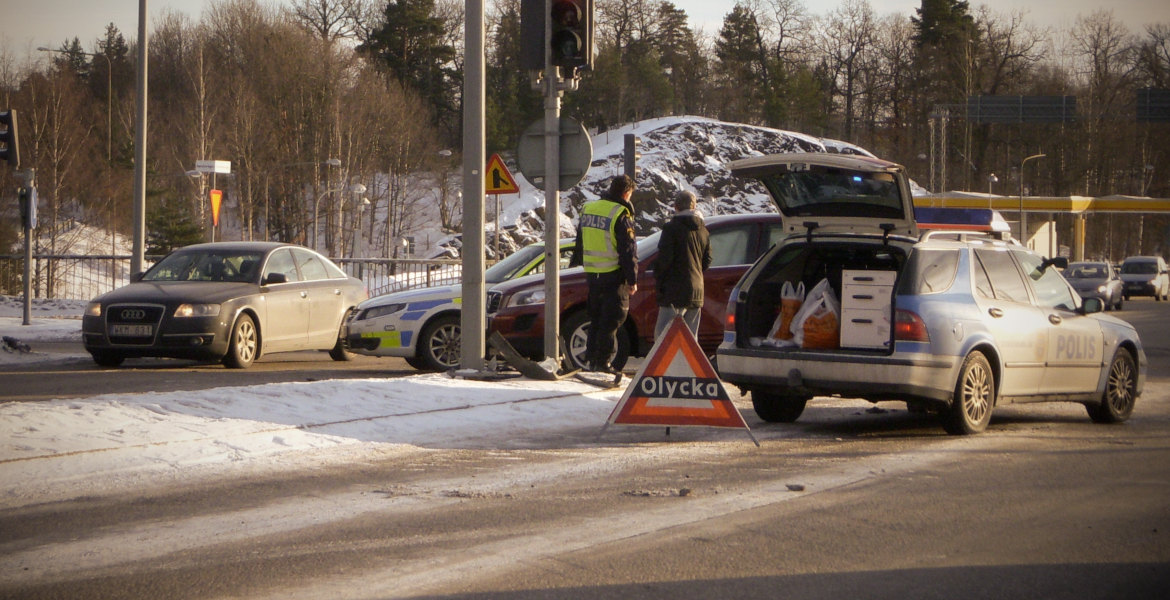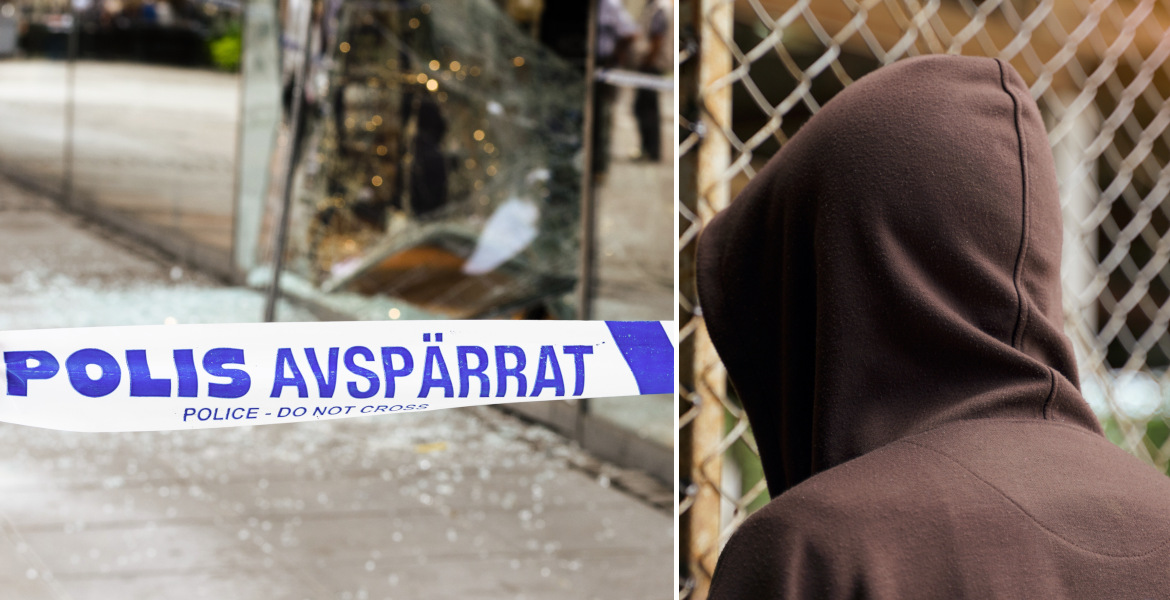In Sweden, it is now more common for drivers to be under the influence of drugs than alcohol, while in Finland it is still more common to drive drunk than under the influence of drugs.
Between 2018 and 2022, 81 people died in Finland in traffic accidents where the driver who caused the accident was under the influence of at least one drug. This corresponds to 11 percent of all fatal traffic accidents during the period when drug testing was possible.
– Alcohol is still the most common intoxicant in fatal traffic accidents, but drugs are becoming increasingly common. This is particularly true of amphetamines, which are often linked to high speeds and risky decisions. Cannabis is also common among those who drive while intoxicated, says Kalle Parkkari, Director of Traffic Safety at the Finnish Accident Investigation Board, to Swedish Yle.
Statistics show that drivers under the influence of drugs are more likely to collide with other vehicles, while drivers under the influence of alcohol tend to drive off the road or crash in off-road terrain. However, Parkkari points out that the number of cases is so limited that it is difficult to draw firm conclusions.
– There is nevertheless a slight trend indicating an increase in drug-related driving under the influence. Traffic is part of society, and drug use in society appears to be on the rise. It is therefore inevitable that drugs will also begin to appear more frequently in traffic, Parkkari notes.
Sweden stands out in the statistics
In Sweden, the trend is more alarming. Between 2012 and 2022, 23 percent of drivers who died in traffic accidents were under the influence of drugs, compared to 11 percent who had alcohol in their system. Drug-related drunk driving has thus overtaken alcohol as the most common cause.
Lars-Olov Sjöström, traffic safety manager at the Swedish Motorists’ Sobriety Association, points to a change in attitude among young people as a possible explanation.
– For a hundred years, we have taught people not to drive with alcohol in their system, but the surveys we have conducted in collaboration with authorities in Norway show that the same young people who refrain from driving when under the influence of alcohol do not think as carefully when it comes to cannabis. We are lagging behind in providing information about cannabis and other drugs.
“We can learn from each other”
He believes that a more liberal and permissive view of “recreational drugs” among young people makes the work more difficult, but still sees hope for change within five to ten years. Both Parkkari and Sjöström emphasize the importance of cross-border cooperation to manage the development.
– It would be enormously helpful if we could learn from other countries’ experiences in this area. While the situation in Finland is still under control, it is very important to ensure that it does not get worse, says Parkkari.
Sjöström agrees, adding:
– We are seeing the same pattern in Finland as we have seen in Sweden, so we can learn from each other and discuss methods for dealing with the problem.






